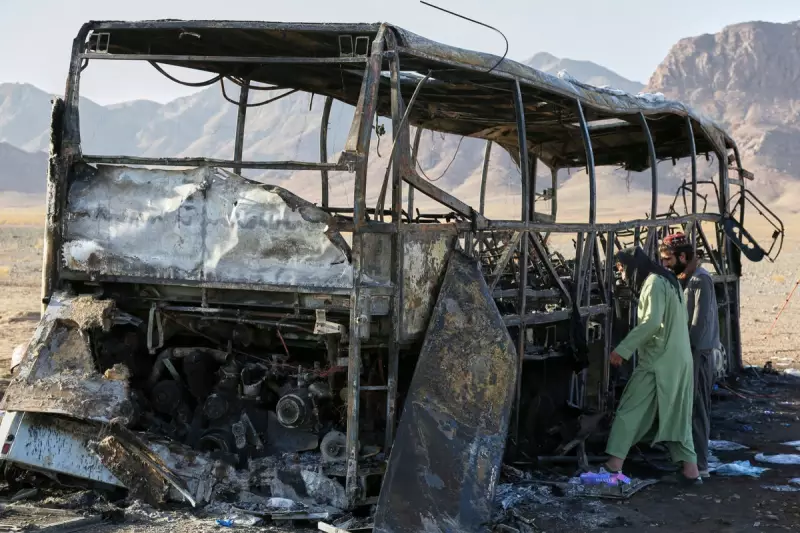
A major humanitarian crisis is unfolding on the Iran-Afghanistan border, with a staggering surge in the number of Afghans fleeing Taliban rule. According to a recent UN report, over half a million people crossed from Afghanistan into Iran in the last month alone, driven by desperation and the fear of imminent mass deportations.
The situation has become increasingly volatile. Iranian authorities have dramatically escalated their threats to expel undocumented Afghans, creating a climate of panic. This has triggered a paradoxical and desperate rush: thousands are fleeing into Iran to secure temporary legal status before a potential crackdown, while others already inside live in terror of being sent back.
A Crisis Driven by Fear and Desperation
The UN's International Organization for Migration (IOM) has been tracking the unprecedented movement. Their data paints a bleak picture of a population caught between the brutal reality of life under the Taliban and the precarious uncertainty of refuge in Iran.
Many of those crossing are single men seeking work to send remittances back to starving families in Afghanistan, where a severe economic collapse and drought have left millions on the brink of famine. The journey itself is perilous, with many relying on people smugglers to navigate treacherous mountain paths and evade border patrols.
The Looming Threat of Mass Deportation
Iran, which already hosts one of the world's largest refugee populations, has long struggled with the presence of millions of undocumented Afghans. The recent economic pressures and political tensions have led to a hardening of its stance.
Tehran's threats of large-scale forced returns have sent shockwaves through the Afghan community. Being deported back to Afghanistan, especially for those who worked with Western forces or the former government, could mean facing persecution, torture, or even death at the hands of the Taliban regime.
The international community, including the UNHCR, has called for restraint and for any returns to be voluntary, safe, and dignified. However, with borders sealing and tensions rising, the future for these vulnerable people remains dangerously uncertain.





